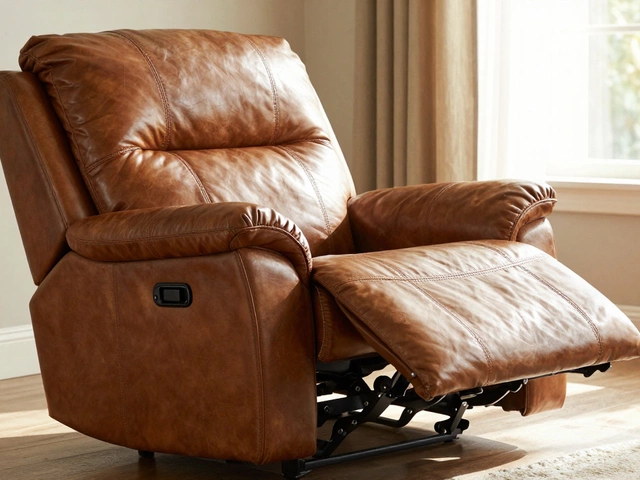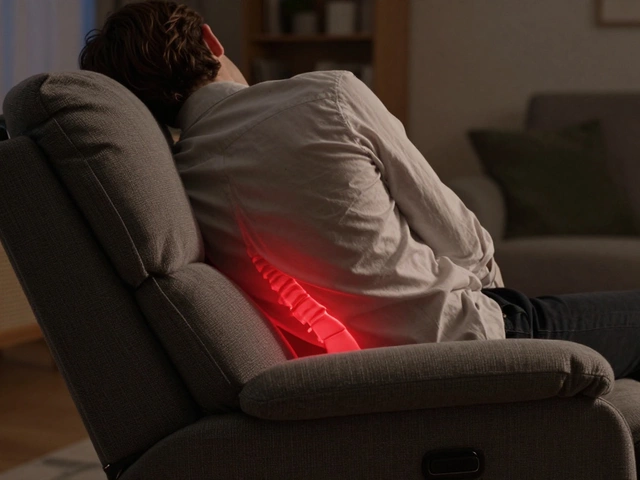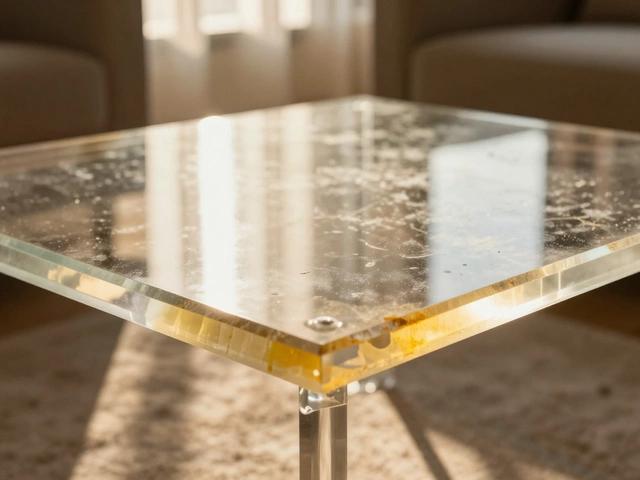Vinegar for Mice: How It Works and How to Use It
If you’ve spotted mouse droppings or heard scurrying in the walls, you’re probably looking for a quick, cheap fix. Vinegar is a pantry staple that many people swear by as a mouse deterrent. It’s cheap, non‑toxic, and easy to apply, making it a popular DIY option for households that want to avoid harsh chemicals.
Before you grab a bottle, it helps to know what vinegar actually does to a mouse. The strong smell of acetic acid irritates a mouse’s sensitive nose and makes the area feel unsafe. Mice rely on scent to find food and safe routes, so a sharp, lingering odor can push them to look for a quieter spot.
Why Vinegar Discourages Mice
Vinegar isn’t a poison, so it won’t kill a mouse. Instead, it creates an environment that mice choose to avoid. The key is the vapor – the stronger the scent, the more likely a mouse will turn away. White distilled vinegar works best because it’s the most concentrated form of acetic acid you can buy without spending on specialty products.
Another advantage is safety. Vinegar is food‑grade, so pets and kids won’t be harmed by accidental contact. It also won’t leave a toxic residue on surfaces, which is a big plus if you plan to use it near food prep areas.
Practical Tips for Using Vinegar Effectively
1. Mix a spray solution. Combine equal parts white vinegar and water in a spray bottle. For extra punch, add a few drops of peppermint oil – mice hate both scents.
2. Target entry points. Spray the solution around cracks, gaps under doors, and along baseboards where mice can slip in. Re‑apply every few days, especially after cleaning or heavy rain.
3. Clean surfaces. Before spraying, wipe down countertops, shelves, and floors with the vinegar solution. This removes food odors that might attract mice and leaves a lingering scent that discourages them.
4. Use cotton balls. Soak cotton balls in pure vinegar and place them in corners, behind appliances, or inside cupboards. Replace them once the smell fades, usually after a week.
5. Combine with other methods. Vinegar works best when paired with proper sanitation, sealing holes, and setting snap traps or live traps. Relying on vinegar alone may push mice to other parts of the house, but a full‑stack approach keeps them out entirely.
Remember to ventilate rooms after spraying to keep the smell from becoming overwhelming for you. A few minutes of open windows will clear the air while the scent still lingers on surfaces.
If you notice mouse activity persisting after a week of consistent vinegar use, it might be time to call a professional. Persistent infestations often mean hidden nests or larger entry points that need more than a DIY remedy.
In short, vinegar is a handy, safe tool for keeping mice at bay. Use it as part of a broader mouse control plan, stay consistent with re‑applications, and you’ll likely see fewer sightings and less damage around the home.
How Vinegar Deters Mice Naturally: Science, Application, and Smart Tips
Explore how vinegar keeps mice away, the science behind it, application tips, and how to boost your home protection with simple and natural steps.





